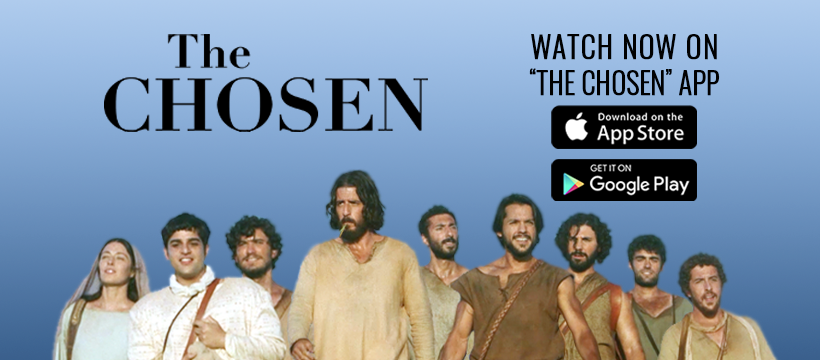I have been enjoying the book called The Coming Wave by Mustafa Suleyman published in 2023. In his book, Suleyman describes the history of key transformative technologies.
These important technologies have had far-reaching impacts on human society, economy, and culture, shaping the course of history and laying the groundwork for further technological advancements. Suleyman’s recognition of these historical examples likely underscores the importance of understanding the potential implications and societal impacts of emerging technologies.
Here’s his list of key transformative technologies:
- Language: The development of language enabled humans to communicate complex ideas, coordinate actions, and share knowledge across generations, facilitating cooperation, culture, and societal organization.
- Fire: The controlled use of fire by early humans provided warmth, protection, and a means to cook food, leading to improved nutrition, expanded habitats, and the development of various technologies.
- Agriculture: The transition from hunter-gatherer lifestyles to settled agricultural societies marked a significant turning point in human history, leading to the cultivation of crops and domestication of animals, which enabled surplus food production, population growth, and the rise of civilizations.
- Writing: The invention of writing systems allowed humans to record and transmit information across time and space, facilitating the development of complex societies, legal codes, literature, and scientific knowledge.
- Wheel: The invention of the wheel revolutionized transportation and facilitated the movement of goods and people over long distances, leading to the development of trade networks, urban centers, and the expansion of civilizations.
- Navigation: Innovations in navigation techniques, such as the use of stars, compasses, and maps, have facilitated exploration, trade, and cultural exchange, leading to the interconnectedness of societies and the expansion of empires.
- Metallurgy: The discovery and mastery of metalworking techniques, such as smelting and alloying, enabled the production of tools, weapons, and infrastructure, driving technological innovation and societal development.
- Mathematics: The development of mathematical concepts and techniques enabled humans to quantify, analyze, and understand the natural world, leading to advancements in engineering, astronomy, and other scientific disciplines.
- Medicine: The evolution of medical knowledge and practices, from ancient herbal remedies to modern healthcare systems, has improved human health, increased life expectancy, and mitigated the impact of diseases and injuries.
- Currency and Trade: The development of standardized forms of currency and systems of trade enabled the exchange of goods and services, facilitating economic growth, specialization, and the rise of commercial networks.
- Printing Press: The invention of the printing press by Johannes Gutenberg in the 15th century enabled the mass production of books, leading to an explosion of knowledge dissemination, literacy, and cultural exchange.
- Electricity: The harnessing and widespread distribution of electricity revolutionized society, enabling the development of modern infrastructure, industries, and communication systems.
- Steam Engine: The invention of the steam engine, particularly the improvements made by James Watt, powered the Industrial Revolution, driving machinery, locomotives, and steamships and enabling new modes of transportation and industrial production.
- Automobile: The invention of the automobile transformed transportation, leading to the development of road networks, suburbs, and changes in lifestyle and commerce.
- Industrial Revolution: The Industrial Revolution, driven by innovations in manufacturing, machinery, and energy sources such as steam power, transformed economies, societies, and daily life, leading to urbanization and the rise of modern capitalism.
- Agricultural Revolution: Advances in agricultural technologies, such as the development of irrigation systems, crop rotation, and mechanization, increased food production and led to population growth, urbanization, and the rise of civilizations.
- Telecommunications: Technologies such as the telegraph, telephone, and later the internet revolutionized communication, enabling instant global connectivity and the exchange of information.
- Nuclear Technology: The invention of nuclear capabilities for war, medicine, and power generation.
Suleyman offers this historical review of transformative technologies to demonstrate how prolific and unstoppable they became. He also conjectures that Artificial Intelligence will become similarly as big and expansive.












